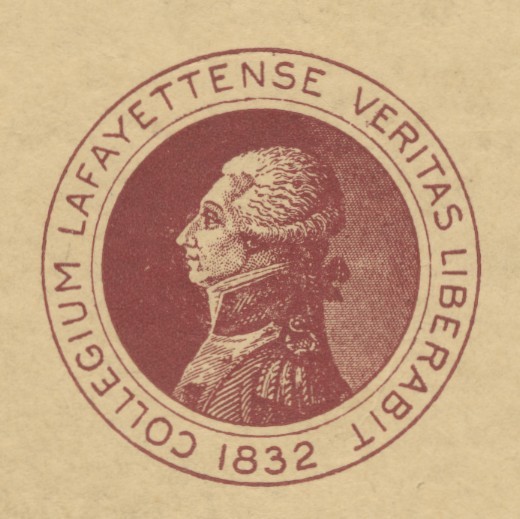The Mission at Settra Kroo
I’m Ng’ang’a wa Muchiri, a senior at Lafayette College with a double major in Engineering Studies and English. I’m currently working as an Excel Scholar with the college Archivist, Diane Shaw, on the McDonogh Project.
The McDonogh story has been alive at Lafayette for several decades, but it really came to bear last fall with the installation of the Transcendence statue right opposite Markle Hall. I came to hear about it after discussing with Prof Rex Ahene the possibilities of doing research in the West African country of Mali. He redirected my efforts and advised me to visit Diane Shaw at the Special Collections of Skillman Library for information about possible research in Liberia.
My knowledge of Liberia was minimal, but after talking to Ms. Shaw I was intrigued to see how the country shared a common past with Lafayette College, via Washington McDonogh. What began as a quick archival visit to inform my research proposal for the Interim session of 2009 has turned into a more than six months project; unfortunately, the proposal did not go through but what I have learned so far has been more than worth it.
Washington and David McDonogh came to Lafayette in 1838, Washington left in 1842 and relocated to Liberia, to act as a teacher for a school run by the Presbyterian Church. Over the last few months, I have spent time going through records from the Presbyterian Historical Society in Phila. from Tulane’s University archives as well as from the American Colonization Society, trying to recreate his story and re-live his experience once he got to “the land of my ancestor’s” as he once referred to Africa.
Archival records are useful for the time period immediately after he left Lafayette, however, they turn to a trickle by the 1870’s and we have only references from other sources about his life towards the end of the 19th century. We do know, however, that he ran the mission church at Settra Kroo, about 100 miles from liberia’s capital Monrovia. He was here for nearly two decades before turning it over to another minister in the late 1860’s. Although he does not explicitly talk about them, he does refer to a family, a wife, and at least one son. Overall, his life in Liberia was hard, but he worked at it with some good old Lafayette resolve! His school often had less than 5 students, and even these would leave on occasion. His letters back to the Presbyterian Foreign Mission’s Board are rife with requests for provisions, either cloth, money, books or seeds and equipment to farm with. In addition to this, he had to contend with colleagues who were out to spread malice about him. His sense of honesty and dignity, seems to have been an anchor that held him steady. On one particular occasion where a colleague, a certain Mrs. Connelly had misinformed the Presbyterian authorities about how much money Washington had, he wrote back saying, “if you chose to believe all that she has told you, you can do so.” Yet he is not arrogant, and is very much aware of his responsibility strongly censuring himself saying “I am such a worthless fellow that you can not trust me with a few dry goods.” Whatever the Presbyterian Church might have thought of him, all he wished was that “the sooner you get an honest man to take my place the better.” After working for the church for many years, Washington went on to become school superintendent in one of Liberia’s provinces. Sadly, we have no further information, yet, as to his date of death, place of burial and most importantly, presence of descendants.
When I began to plan my trip to Liberia. I contacted the archivists at Louisiana State University as well as at the University of Indiana, Bloomington. The latter has been involved with a project to restore some of Liberia’s records that were badly destroyed during the years of civil unrest. I also contacted the Liberian embassy in D.C., hoping to locate someone with the ‘McDonogh/McDonough’ last name. The American Embassy in Monrovia, through one of their research assistants, once informed me that they had located a history professor at the University of Liberia, who claimed to know where Washington was buried. That is yet to be validated. Alan Huffman, author of Mississippi in Africa, a book that traces the lineage of African American slaves who were emancipated and relocated to Liberia via their owner’s will, replied with bleak news. He informed me that any research I wished to do in archives should all be done in the U.S. since one could not hope to find much in Liberia. However, he emphasized the great help that word of mouth proved to be for him in his project.
There are still many unanswered questions as far as the McDonogh story is concerned, both in Liberia and in the U.S. The story is still rich, and open to anyone who wishes to dig around and add to it.

Leave a Reply